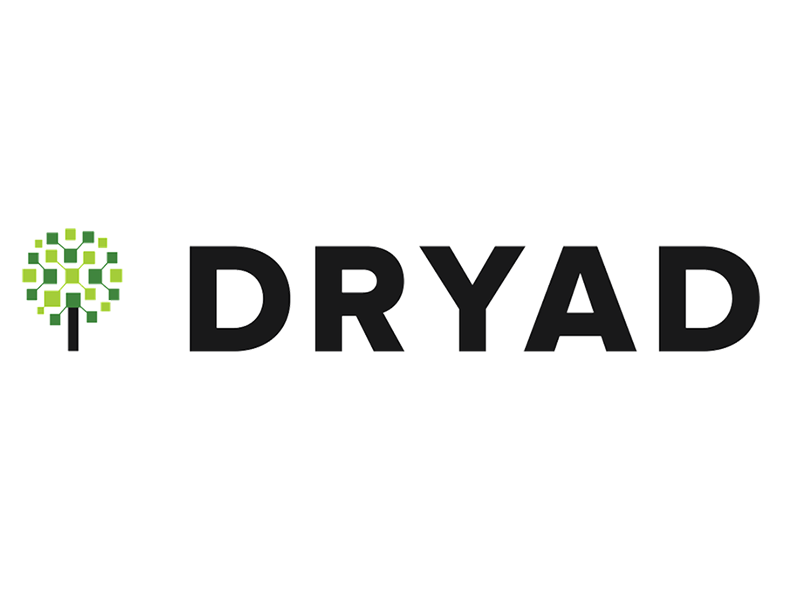The University of Arkansas Libraries have partnered with Dryad data platform as an institutional member to provide easy access to a generalist data repository supporting the requirements of journal publishers and of the National Institutes of Health, the National Science Foundation and other governmental granting agencies. Through 2024, the libraries will cover deposit costs for data placed within the repository. The libraries' participation in the Greater Western Library Alliance facilitated the U of A's membership to Dryad.
According to its website, Dryad is "an open data publishing platform and a community committed to the open availability and routine re-use of all research data" and is a recommended generalist repository for use in National Institutes of Health grants. As a nonprofit organization, it exists to promote an environment where research data are openly available, managed, preserved, integrated with publications and routinely reused to create knowledge. Dryad, since its inception in 2008 from a grant from the National Science Foundation, has a long history of supporting ecology and evolutionary biology. Since that time, it has expanded internationally and supports a wide range of data deposits in a wide variety of subject areas. In 2024, the Dryad platform represents over 50,000 data publications — the work of over 200,000 researchers in connection with over 70,000 international institutions and over 1,000 academic journals.
Dryad datasets are indexed by the Thomson-Reuters Data Citation Index, Scopus and Google Dataset Search. Each dataset is given a unique Digital Object Identifier. Entering that identifier in any browser will take the user to your dataset's landing page. Dryad also provides a faceted search and browse capability for direct discovery. In addition, Dryad provides all related citations to each dataset on the landing page. These are updated each time a new citation from an article or other source has been published.
Researchers should deposit their data in Dryad because:
- Doing so meets the requirements of national granting agencies such as the National Science Foundation and National Institutes of Health
- There is no cost for making deposits through 2024
- Depositing data in Dryad supports private access to data products during peer review and connects with the U of A and ORCiD accounts
- Dryad provides Digital Object Identifiers for datasets and supports the preservation of code, scripts and software through a partnership with Zenodo
- It permits up to 300 GB per data deposit and allows for versioning of datasets
- It provides permanent archiving of datasets in the University of California's CoreTrustSeal-certified Merritt repository
Information on how to participate is available in the libraries' Dryad Research Guide, and questions may be sent to uarepos@uark.edu.
Contacts
Lora Lennertz, director for open education, data and publishing services
University Libraries
479-575-7197,
Kelsey Lovewell Lippard, director of public relations
University Libraries
479-575-7311,
